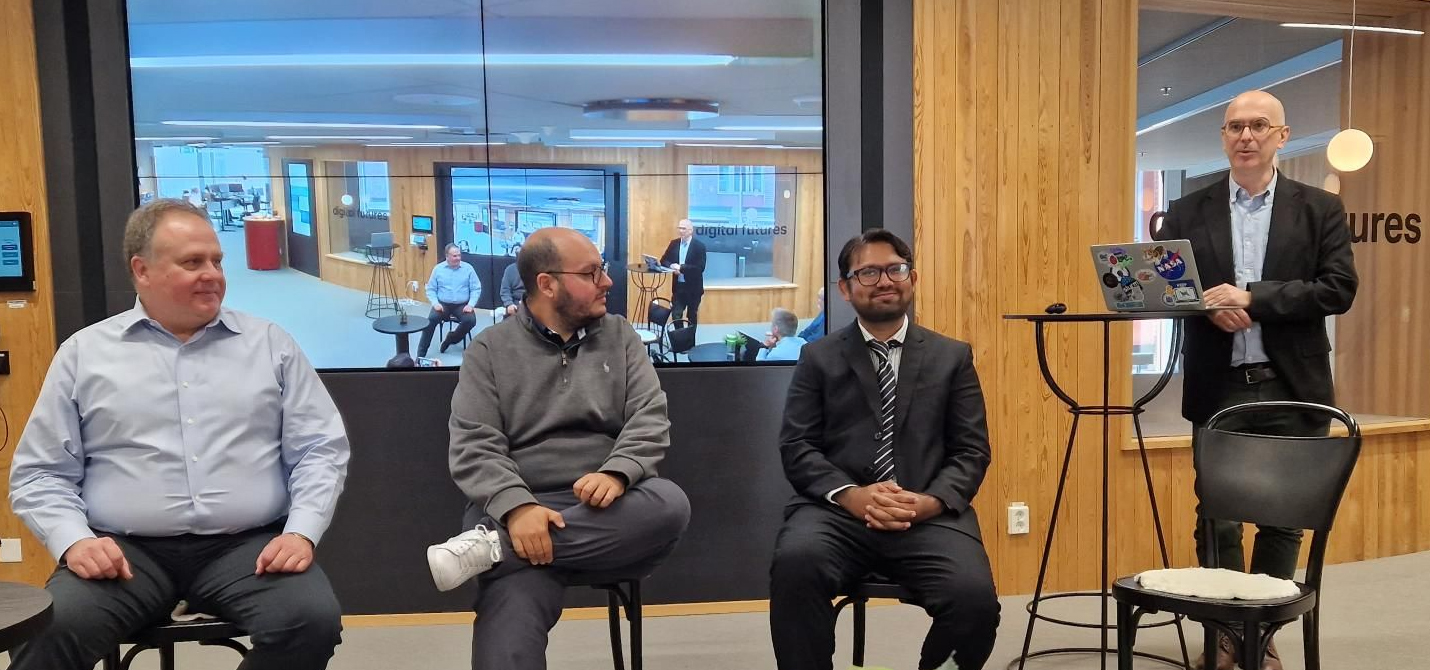Workshop on Quantum Scientific Applications
Stefano Markidis, PDC
In recent years, quantum computing has been making significant advancements. Tech giants like Google and IBM are racing towards the ambitious goal of reaching quantum systems with thousands of qubits by the end of this decade. While this quantum computing race develops, the big question remains: are we on the verge of realising practical and advantageous quantum computing scientific and engineering applications that can leverage this advanced quantum hardware?
In the history of computing, we have seen a pattern where hardware development outpaces the development of software and practical scientific and engineering applications. Like the early days of classical computing, quantum computing may soon be in a similar situation. To explore this issue, a workshop titled “Near-Term Scientific and Engineering Applications with NISQ Systems” was organised to critically examine the immediate potential of current quantum computer systems to solve scientific and engineering problems.
This workshop was supported by the KTH Digitalisation Platform and the Swedish e-Science Research Centre (SeRC) and hosted at KTH. Stefano Markidis and Ricardo Vinuesa organised the event and Digital Futures also contributed to the hosting. The workshop featured a diverse panel of internationally renowned speakers from various institutions such as MIT, Exeter University, Imperial College, the National Technical University of Athens, IQM, PASQAL, and Ericsson. Activities at the workshop included presentations, panel sessions on the prospects of scientific applications, and break-out group discussions.
A spectrum of important topics was addressed during the workshop discussions. Participants investigated quantum hardware co-design with scientific and engineering application development. Quantum scientific machine learning emerged as a significant point of interest, focusing on its potential to solve partial differential equations, which is a fundamental challenge in many scientific disciplines. Quantum lattice algorithms and quantum simulations were other key areas drawing significant attention.
The workshop outcomes shed light on the challenges and opportunities at the intersection of quantum computing and practical scientific and engineering applications. The result of the workshop will be shared with the broader community through a forthcoming position paper, offering a roadmap to quantum computing scientific and engineering applications.

